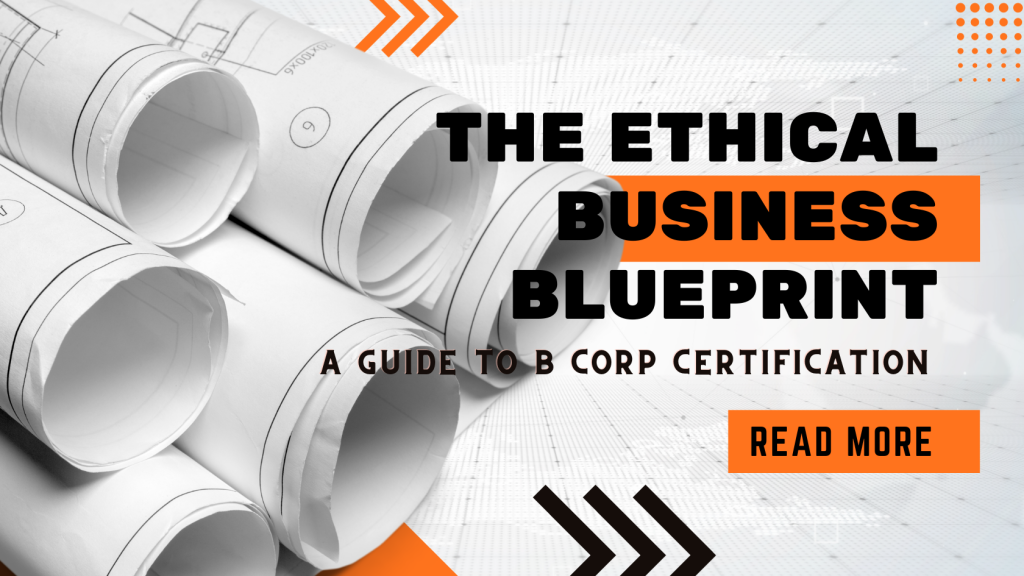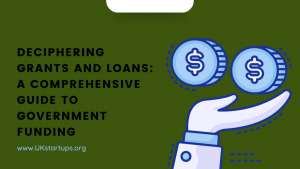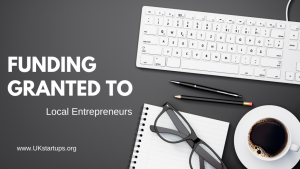The Ethical Business Blueprint: A Guide to B Corp Certification
Category: Blog
In an era where ethical business practices are increasingly paramount, B Corp certification stands as a beacon for companies committed to making a positive impact. This certification is more than just a badge; it’s a commitment to higher standards of social and environmental performance, transparency, and accountability. For UK startups, achieving B Corp status can be a powerful way to differentiate themselves in a competitive market. This guide offers a comprehensive look into the journey towards B Corp certification, tailored specifically for the unique landscape of UK startups.
Understanding B Corp Certification B Corp certification represents the gold standard for ethical businesses. It is awarded to companies that demonstrate high levels of social and environmental responsibility, public transparency, and legal accountability. For UK startups, this certification can be a pivotal step in aligning their business practices with their core values.
The Importance of B Corp for UK Startups In the UK’s vibrant startup scene, B Corp certification can be a significant differentiator. It signals to customers, investors, and partners that a company is committed to more than just profit. This commitment can drive customer loyalty, attract conscious investors, and help build a more inclusive and sustainable economy.
Eligibility Criteria for B Corp Certification To be eligible for B Corp certification, a company must score a minimum of 80 out of 200 on the B Impact Assessment. This comprehensive assessment evaluates a company’s impact on its workers, customers, community, and the environment. For UK startups, meeting these criteria means embedding ethical practices from the outset.
Navigating the B Impact Assessment The B Impact Assessment is a rigorous process, but it’s also an opportunity for startups to deeply understand their impact. It involves answering a series of questions about the company’s operations and business model. For UK startups, this can be an insightful exercise in aligning their business practices with their mission.
The Certification Process After completing the B Impact Assessment, companies undergo a verification process to validate their score. This includes a review by B Lab, the nonprofit that certifies B Corps. The process can take several months, but for UK startups, it’s a valuable investment in their ethical business journey.
Benefits of Becoming a B Corp Becoming a B Corp can bring numerous benefits, including enhanced brand reputation, access to a like-minded community, and improved customer loyalty. For UK startups, these benefits can be integral in establishing their footprint in a competitive marketplace.
Challenges and Considerations While the benefits are substantial, the path to B Corp certification can be challenging. It requires a deep commitment to ethical practices and often, changes to business operations. UK startups should consider these challenges carefully and plan accordingly.
Maintaining and Improving B Corp Status B Corp certification is not a one-time achievement. Companies must recertify every three years, demonstrating ongoing commitment to high standards. For UK startups, this means continuously evolving and improving their social and environmental impact.
Building a Better Business Landscape For UK startups, B Corp certification is more than a credential; it’s a roadmap to building a business that positively impacts the world. By pursuing this certification, startups not only maximize their returns but also contribute to a more ethical and sustainable business landscape.





